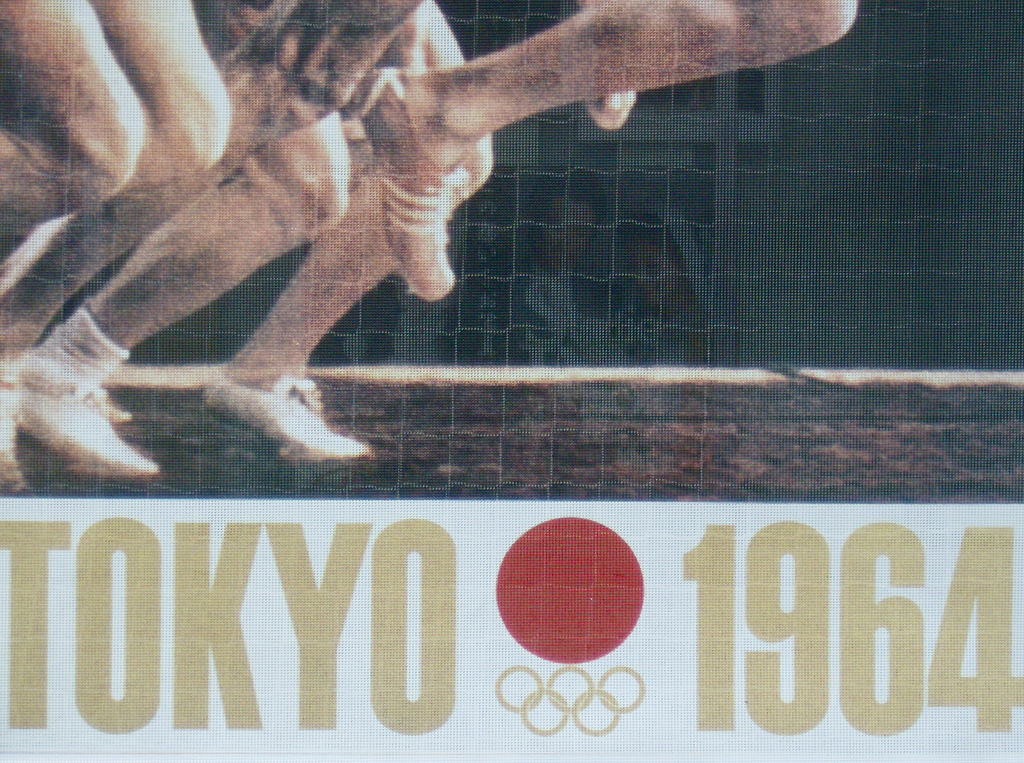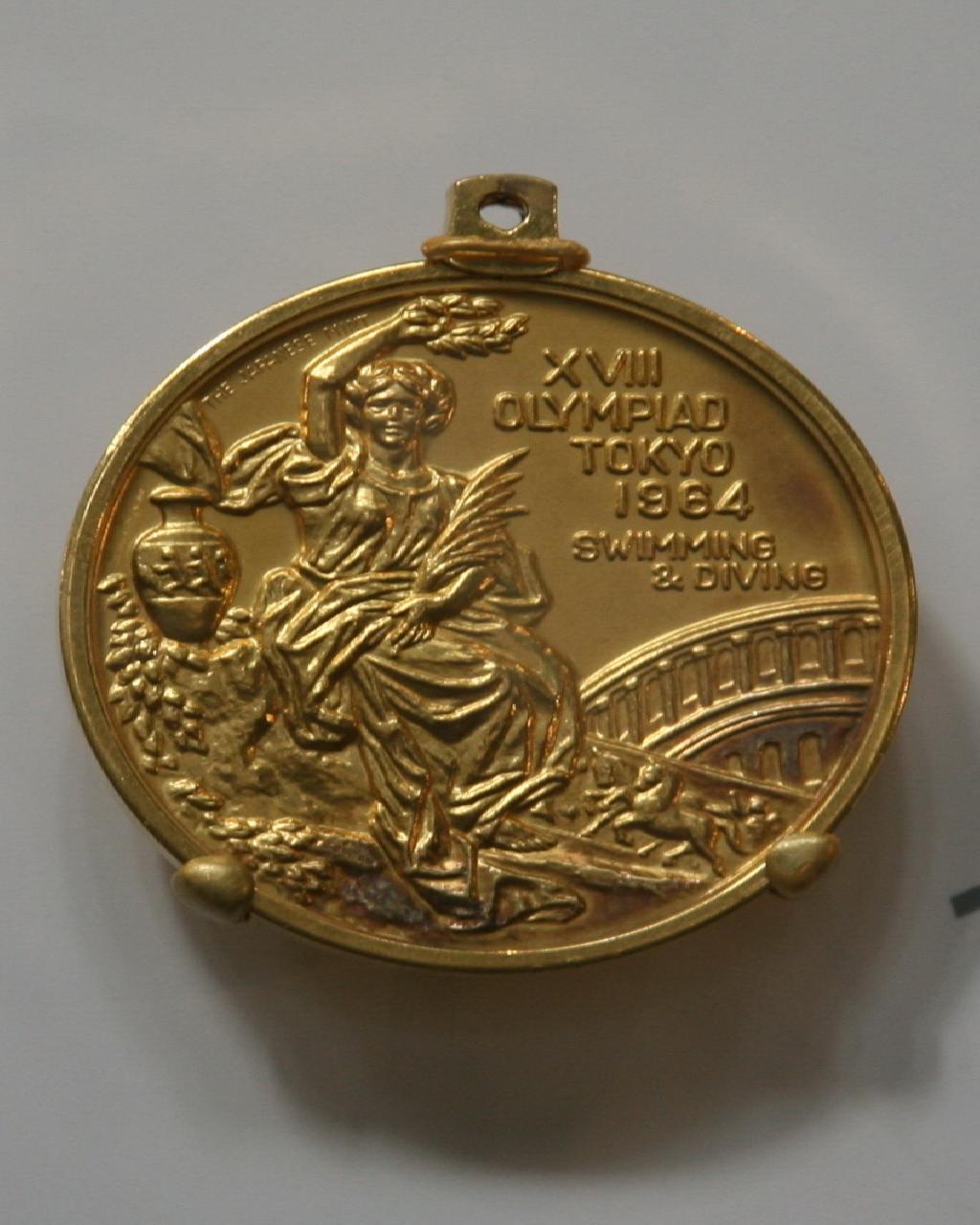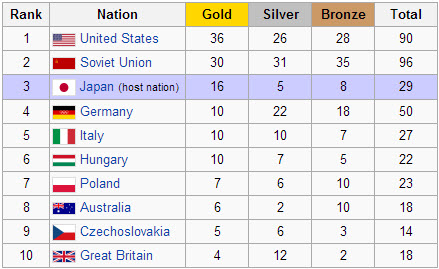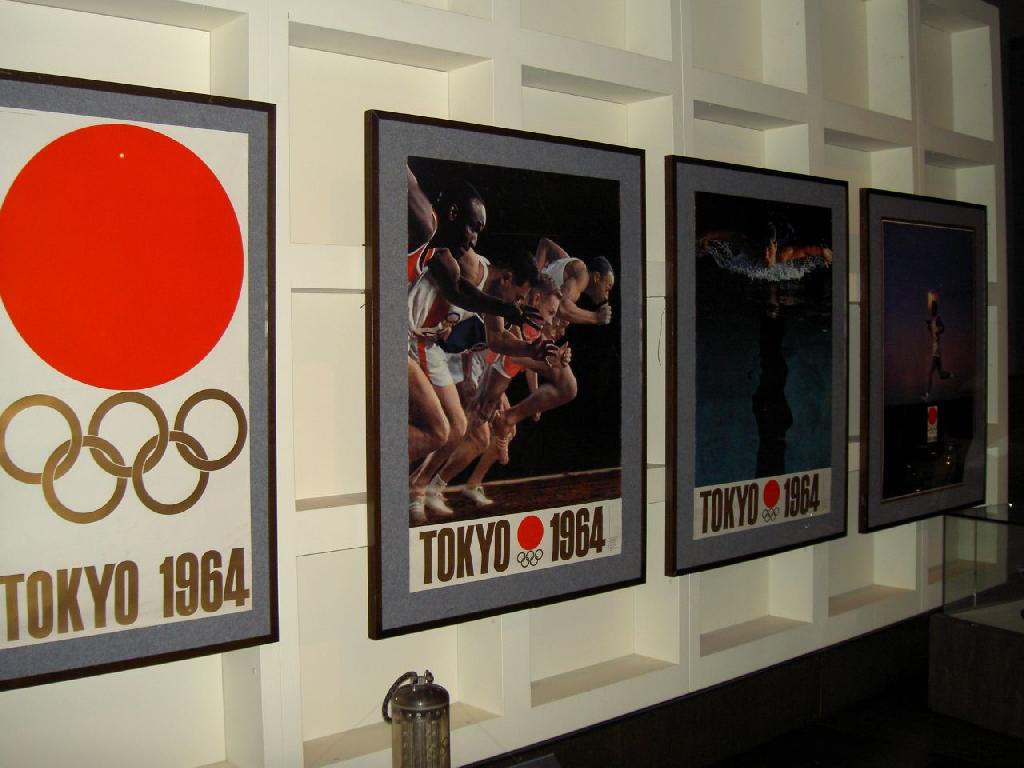Japan was the first Asian country to host the Olympic Games. Originally awarded the position of host for the 1940 games, the grant was withdrawn after Japan invaded Manchuria. So the 1964 Olympics carried the message that Japan was no longer a militant country, but a peaceful participant in world events. Major infrastructure improvements were needed to host the event, and a staggering $3 billion was spent on new buildings, highways, subways, and communications systems. The country also introduced the shinkansen bullet train, with the Tokyo to Shin-Osaka section of the Tokkaido line opening just 9 days before the Olympics began.

TOKYO OLYMPICS, 1964 (REBUILDING JAPAN)
The 1964 Tokyo Olympics, officially known as the Games of the XVIII Olympiad, which ran from October 10 through 24, introduced many innovations such as new timing systems for the swimming competitions. It was the first Olympics to be telecast internationally, with some events shown live. Previous games were recorded and the tapes needed to be flown overseas. It was also the first time that judo, women’s volleyball, and the women’s pentathelon were included in the Olympics. South Africa was banned due to its apartheid stance on sports, but Malaysia, formed as a country in 1963, participated for the first time.

1964 Tokyo Olympic Games, Leslie Bush, Diving
Of note was one olympian, Yoshinori Sakai, who lit the Olympic Flame, was born in Hiroshima on August 6, 1945, the day an atomic bomb was dropped on that city. This symbolism of pursuit of excellence in the womb of devastation was important for Japan.

1964 Olympics Top 10 Medal Count
The 1964 Olympics was an important statement from Japan to the world. It showed that the country was civilized and peaceful. It also helped establish Japan’s name as a leader in technology and innovation. This legacy continues today, and Japan hopes to refresh the image when it hosts the 2020 Olympics.

Tokyo 1964
 photos by:
Michael Francis McCarthy &
cliff1066™,
hawk684
photos by:
Michael Francis McCarthy &
cliff1066™,
hawk684